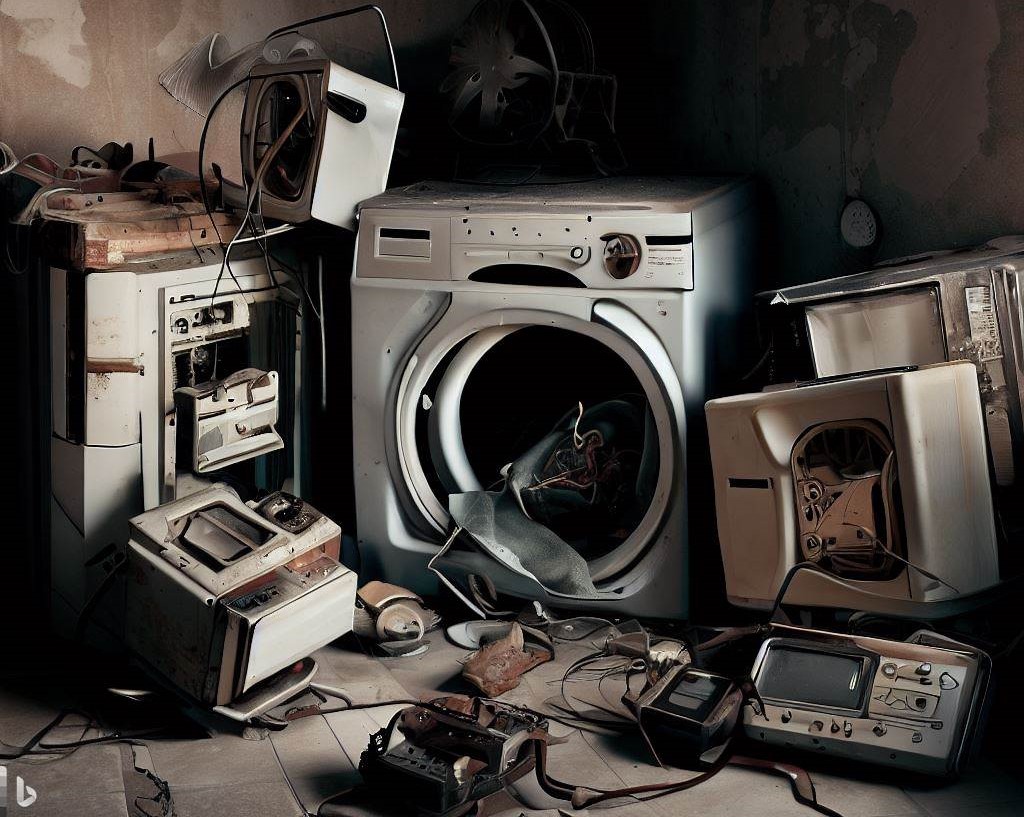People 'n' Issues
Loadshedding fries South Africa’s appliances
Insurer King Price has settled more than R25-million in claims in the past 12 months for damages from power surges… and it’s going to get worse.
Insurer King Price has seen a 96% increase in the number of claims for damage caused to appliances due to power surges.
With Eskom running out of money to buy diesel to keep power stations running in the coming months, as announced in its State of the System Presentation, things are only going to get worse.
That’s the warning from King Price Insurance’s client experience partner, Wynand van Vuuren, who says the company has settled more than R25.3-million in claims in the past 12 months alone, for damages sustained through power surges and dips affecting residential buildings, home contents and portable possessions. This figure excludes lightning-related and large commercial claims.
“We’re getting a massive number of claims for ‘fried’ computer equipment, fridges, TVs and even distribution boards caused by power surges,” says Van Vuuren. “But there are several steps you can take to avoid having to replace your expensive appliances.”
Unplug your appliances
The easiest, cheapest and most effective way of protecting your appliances is simply to unplug them when you’re not using them, or when the power goes off. That way, you’re 100% protected from power surges, says Van Vuuren.
Install surge protection
The most effective surge protectors are connected directly to your distribution board by a qualified electrician. These protectors divert any excess power into a grounding wire. Another option is to use surge protector strips on all your plugs, which provide a certain level of protection against surges caused by the power coming back on after an outage, or by lightning strikes.
Install a UPS system
UPS (uninterruptable power supply) systems can go a long way towards protecting your most valuable appliances. A UPS enables your appliances to shut down properly when the power goes off, and it’ll protect them from the power surges that often occur when the power comes back on.
Use alternative power supplies safely
Alternative power supplies must comply with safety guidelines, and they must be installed by a registered electrician. Portable generators are relatively cheap and easy to operate but must be correctly linked to your power supply. Simply plugging a generator into a house plug is known as back-feeding and it’s not only dangerous, it may result in any damage not being covered by your insurer.
Check your insurance
It’s important to check your home contents insurance to see if you’re covered for damage from power surges, says Van Vuuren. In general, consumers should be able to claim these damages directly from their municipality, but this isn’t always viable. If you’re insured for electrical damage due to power surges and dips, you can claim directly from your insurer, who will then claim from the municipality on your behalf.

















